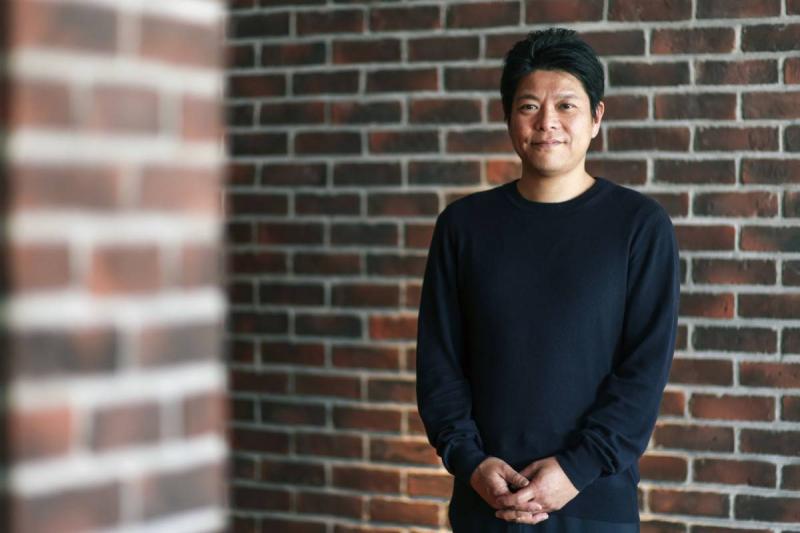Masaru Tang, founder, president, and CEO of Shift, states that the strategy which transformed his company into the best-performing stock in Japan might be surprising; he buys smaller companies and increases their employees' wages. Shift, a software testing company, acquires other companies near the bottom of the industrial supply chain and raises the salaries of their engineers. Tang asserts that he can do this while still maintaining competitive prices by cutting out layers of companies that act as middlemen in the outsourcing process. The increase in the number of workers also leads to higher sales.
**Acquisition Strategy**
Shift's stock has risen over 5,500% since its IPO in 2014, making it the best performer in the Tokyo Stock Exchange index. The company's market capitalization is now over $2.3 billion, raising Tang's 33% stake to approximately $770 million. Tang, who is 46, explains that his business model aims to eliminate inefficiencies in Japan's software industry, where layers of subcontractors take cuts before passing the work down to lower-tier companies. He adds that this strategy marks a departure from the traditional approach of acquiring a company and focusing on cost-cutting.
In an interview, Tang expressed, "I have a strong desire to save these young employees. I want to create a fair work environment through mergers and acquisitions." Growing up in what he describes as a normal family in Hiroshima, Japan, with parents who were government employees, Tang founded Shift in 2005 after specializing in mechanical engineering and working for over five years in a consulting firm. He began advising companies on how to improve profits in 2009 before entering the software testing field.
Tang aims to change engineers' perception that software testing is merely a second-class job, which includes paying them more. For instance, for a service priced at 2 million yen (about $18,280) in the market, Shift charges 1.5 million yen. This allows them to win clients while simultaneously raising the payment to engineers from 500,000 yen to about 800,000 yen. Tang mentions that they can achieve this by eliminating intermediaries.
**Turning Point**
Shift acquired Yosuke Sato in 2016. Since then, Sato, a software developer, reports that his salary jumped by over 70%, stating: "Joining Shift was a significant turning point in my career." As of the end of February, Shift employs 3,308 engineers, a more than 14-fold increase from 228 at the end of November 2015. The company has acquired at least 14 companies during this period.
The increase in engineers directly contributes to revenue growth, enabling the company to undertake more business, according to Go Saito, an analyst at Credit Suisse Group, who began coverage of the stock with an outperform rating in February. Saito noted in a report that month: "Sales can be derived by multiplying the number of engineers by the unit price for engineers. The company has already established a framework for developing engineers' skills, which allows it to cultivate high-quality human resources." Revenue increased to 28.7 billion yen in the twelve months ending August 2020, more than triple the level three years prior. Profits rose to 1.6 billion yen compared to 208 million yen three years ago. Shift expects sales to soar to a record 45 billion yen in the current fiscal year.
**Low Wages**
Software engineers in Japan earn lower salaries compared to the United States and there is a shortage of them, according to Saito. He added that this represents one of the reasons behind Shift's successful outsourced software testing model. Tang states, "We are the largest in Japan in this field. I see revenues reaching 100 billion yen," referring to the company's goal for the fiscal year ending in August 2025.
Despite Shift's high stock performance, it was not immune to declines, falling by about 19% from an all-time high in October, as investors sold off high-growth tech stocks. The company's shares are currently trading at about 90 times estimated earnings. Veteran investor Mitsushige Akino suggests that the stock could experience further volatility in the coming months and might decline during market downturns. The chief executive at Ichiyoshi Asset Management noted: "The fundamentals are strong, and Shift is making progress towards its vision. It wouldn’t be surprising to see more acquisitions of these types of stocks if investors refocus on growth stocks." Saito from Credit Suisse emphasizes that the key lies in whether Shift can continue to increase its number of engineers. It remains to be seen if this will happen, but at least Tang does not lack confidence.




